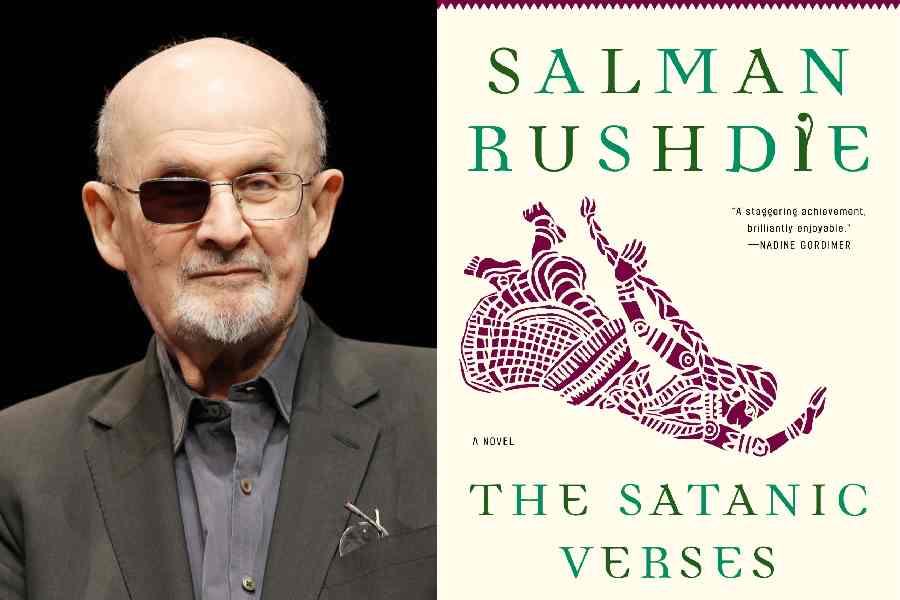More than 580,000 patients across India might face surgery cancellations or delays over a 12-week period around the time the new coronavirus disease peaks, an international research consortium has predicted.
The consortium, which includes surgeons from multiple Indian institutions, has estimated that around 505,800 non-emergency or benign surgeries, 51,100 cancer surgeries, and 27,700 obstetric surgeries could be delayed across the country during the three-month period before and after the peak.
Some examples of non-emergency surgeries are gall bladder removal and knee-replacement.
The CovidSurg Collaborative, a 77-country research initiative formed to analyse the impact of Covid-19 on surgeries, has estimated that over 28 million surgeries could be cancelled or delayed worldwide as a result of the pandemic.
“Delaying time-sensitive elective operations, such as cancer or transplant surgery, may lead to deteriorating health, worsening quality of life and unnecessary deaths,” the consortium said in a research paper published in the British Journal of Surgery on Thursday.
India’s health ministry had ahead of the country’s responses to Covid-19 earlier this year urged hospitals to postpone elective surgeries. Non-emergency surgeries have plummeted over the past six weeks.
“We’ve seen significant disruption in surgical services — even in cancer surgeries,” P. Raghu Ram, president of the Association of Surgeons of India, said.
“But it was unavoidable. We’ve also advised our association members to defer elective surgery.”
While it is difficult to count how many surgeries have been delayed, the CovidSurg Collaborative has collected information from surgeons across 359 hospitals in 71 countries on the plans to cancel elective surgeries and used a statistical model to estimate the cancelled surgeries.
The study has suggested that 72 per cent of planned surgeries would be cancelled worldwide through the peak period of Covid-19 disruptions. The peak may occur at different times in different countries.
Most of the cancelled surgeries will relate to non-cancerous conditions, with orthopaedic procedures likely to be most frequently cancelled.
Around 6.3 million orthopaedic surgeries are likely to be cancelled worldwide over the 12-week peak periods of Covid-19 disruption, according to the analysis, which has predicted that 2.3 million cancer surgeries will be postponed too.
Elective surgeries are being deferred to reduce the risk of patients being exposed to the coronavirus, to support the creation of dedicated Covid-19 hospitals and to increase the availability of intensive-care beds.
“The cancellations, although necessary, will place a burden on the patients. Some patients’ conditions might deteriorate, worsening their quality of life as they wait for rescheduled surgery,” said Aneel Bhangu, a consultant surgeon at the University of Birmingham and consortium member.
Indian consortium members said it was still unclear how the already postponed elective surgeries had affected patients nationwide.
“We are not aware of any spikes in deaths among the patients awaiting surgery,” said Dhruva Ghosh, a surgeon at the Christian Medical College, Ludhiana, and a consortium member. “But a backlog is building up.”











